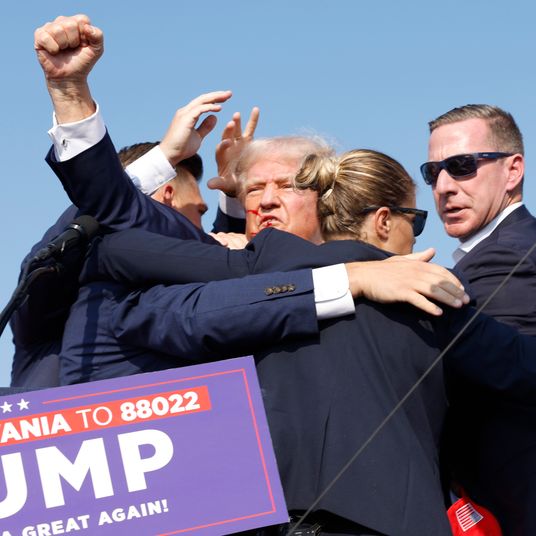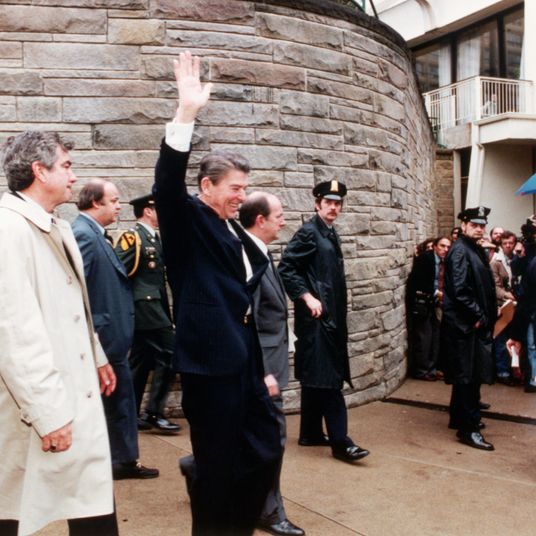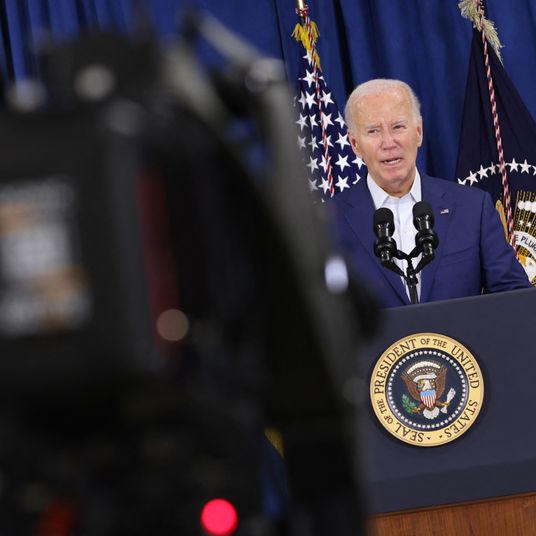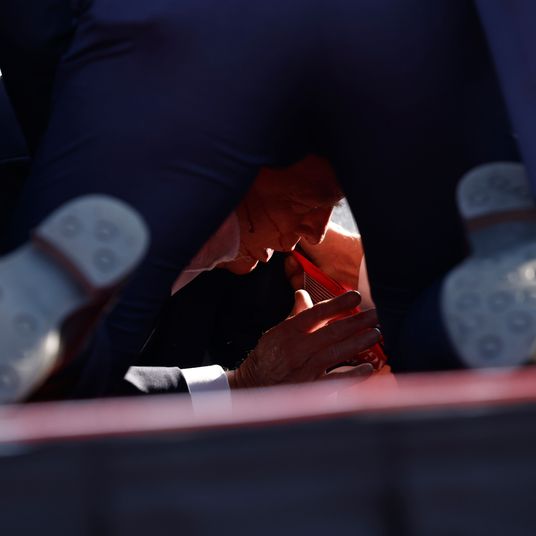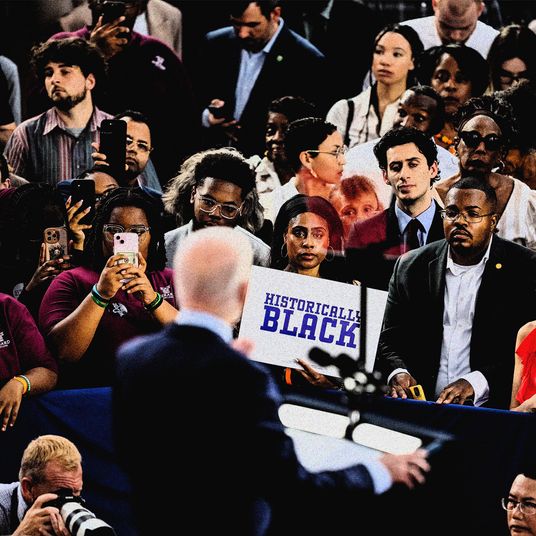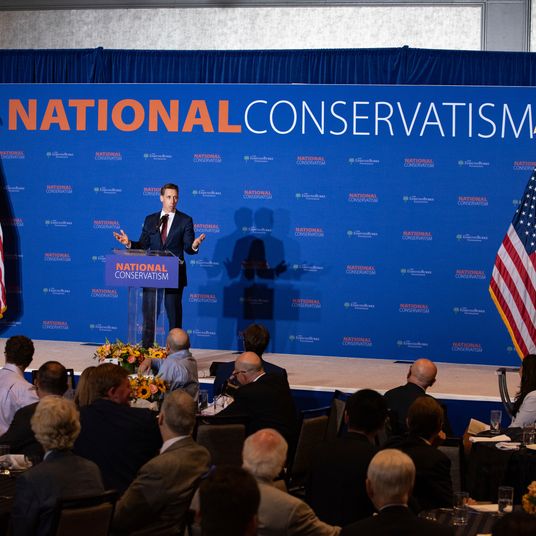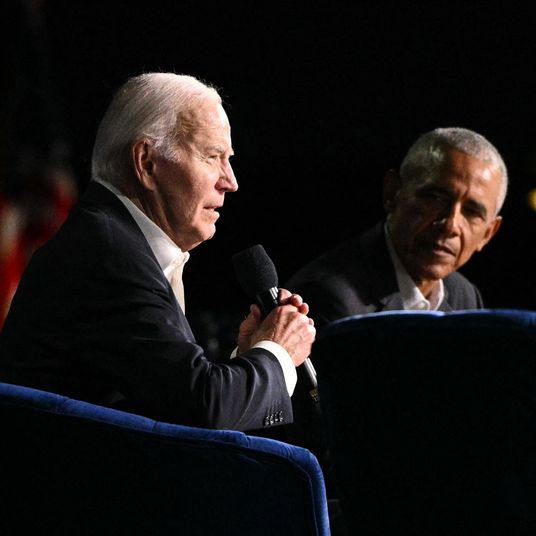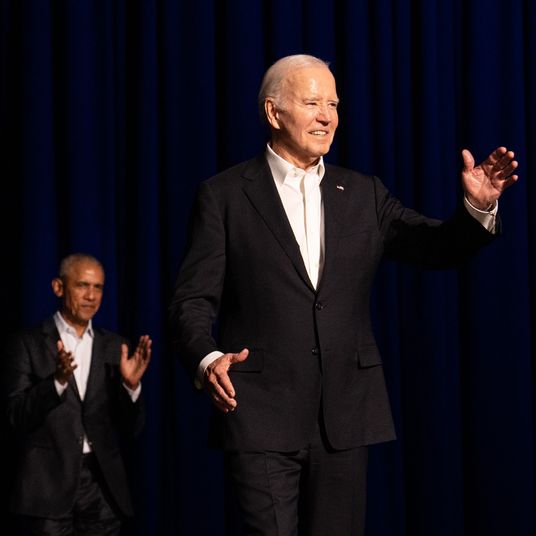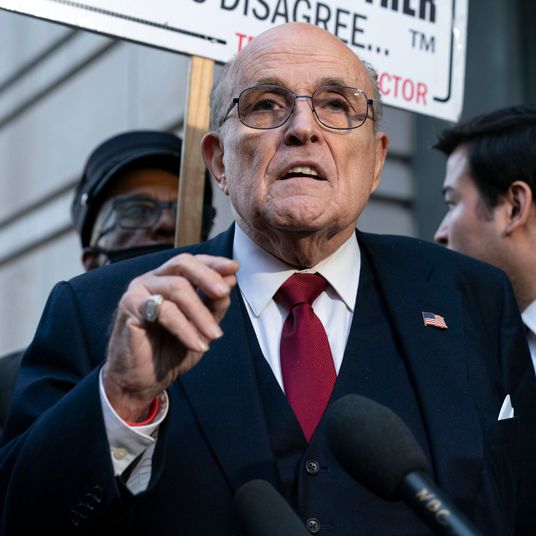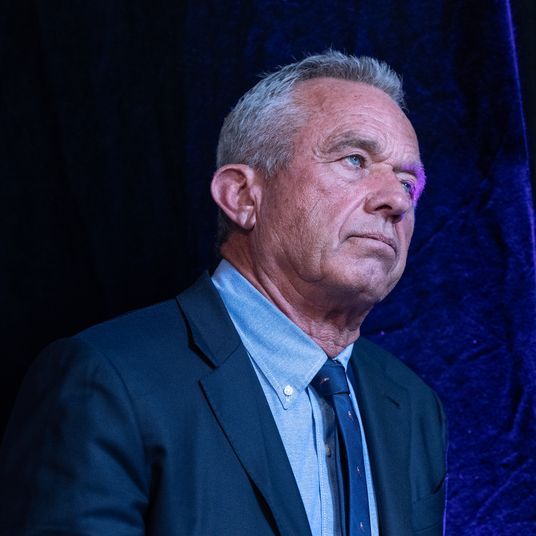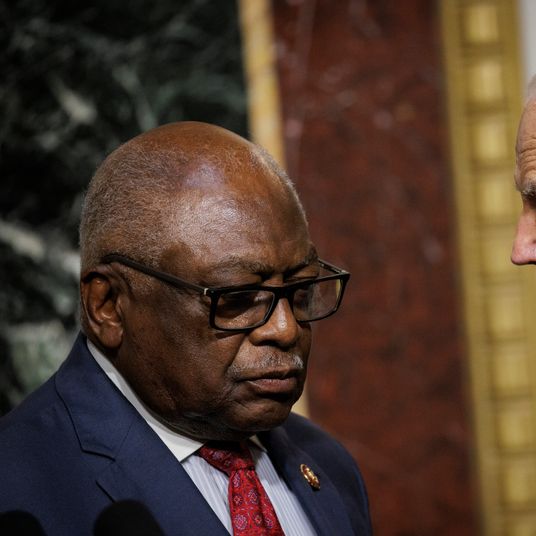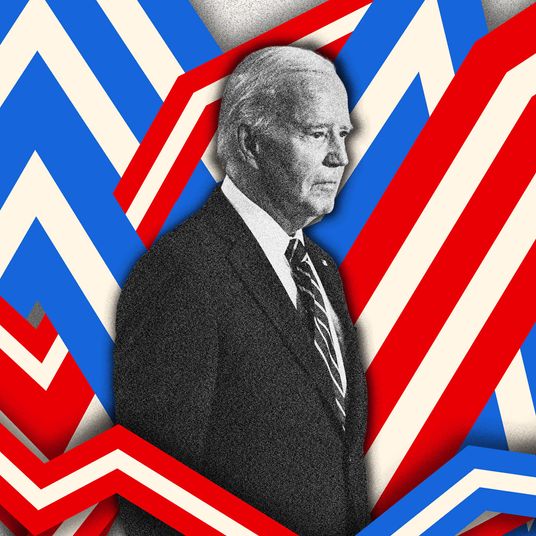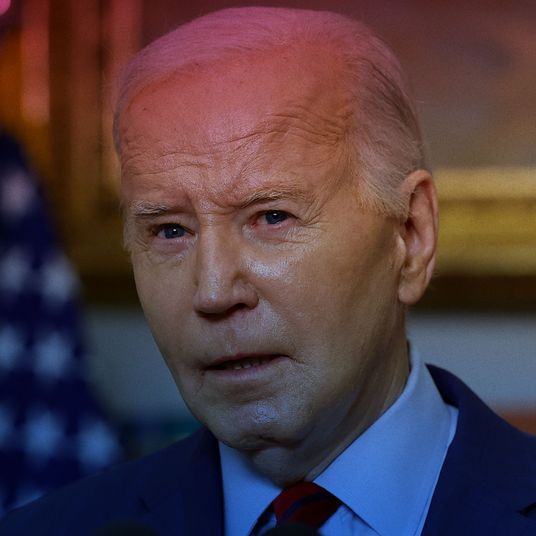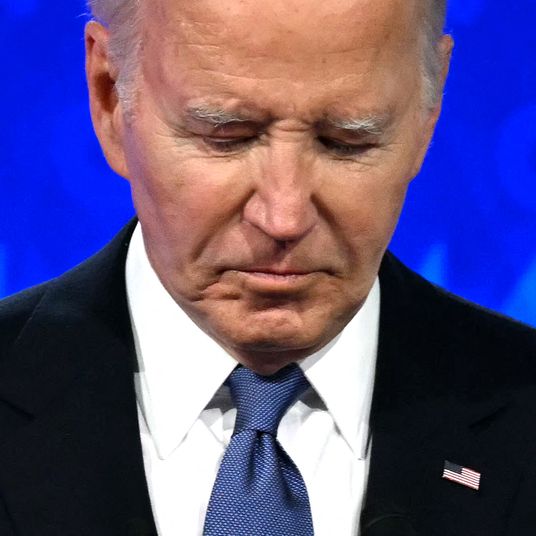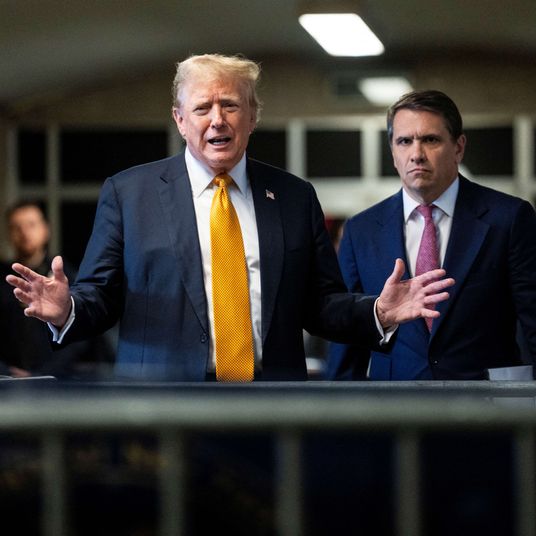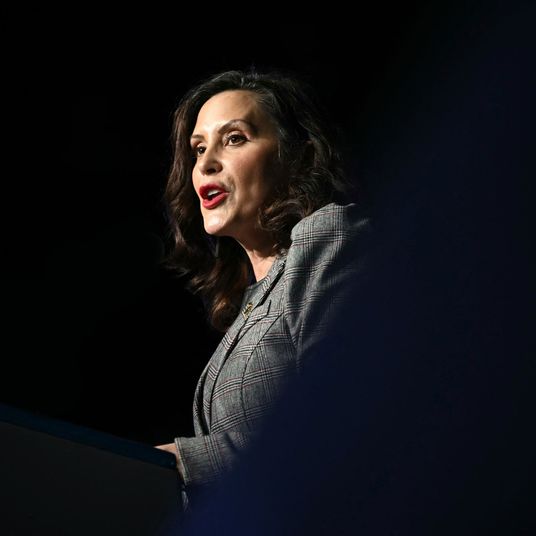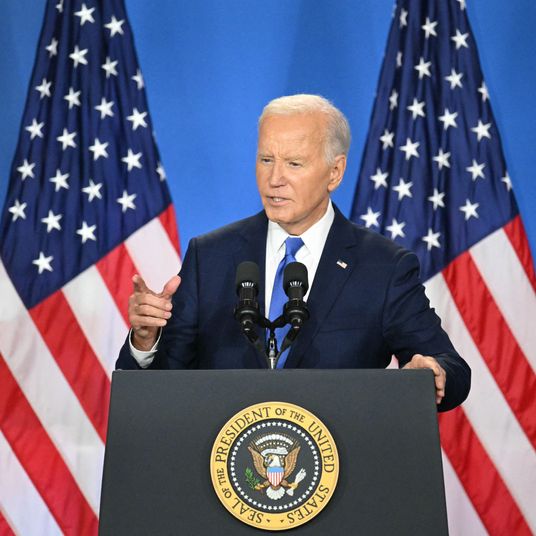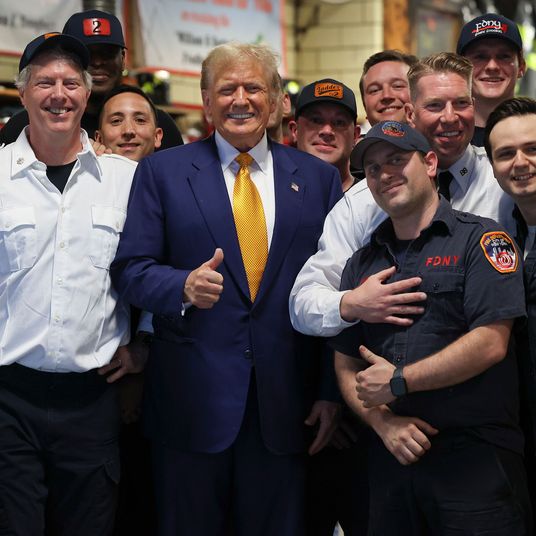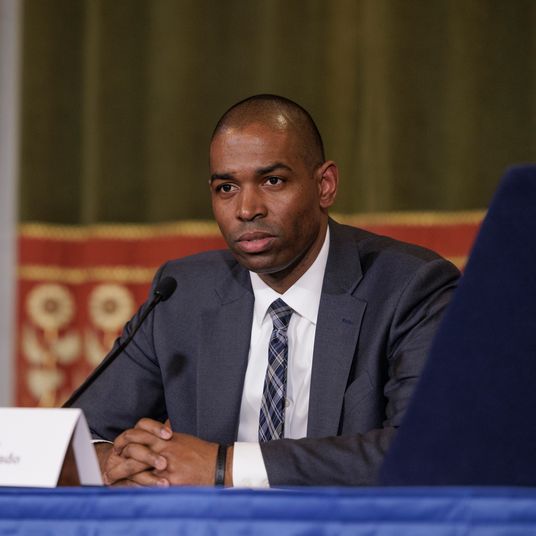
Last week, Karim Khan, the prosecutor for the International Criminal Court, announced that he is seeking a warrant for the arrest of Benjamin Netanyahu, Israeli defense minister Yoav Gallant, and three top figures in Hamas for war crimes and crimes against humanity. If the warrants — which were vouched for by a committee of advisors who approved of Khan’s decision — are granted by a panel of three judges considering the charges, it could place Israel and the United States in a difficult situation. To understand the significance — and the limits — of Khan’s decision, I spoke with William Schabas, an attorney and human rights scholar who has studied the ICC.
What is your opinion of Karim Khan’s arrest warrant and the charges against both Netanyahu and Gallant and the leaders of Hamas?
The application [for the warrants] has done a very unusual thing of being based on this statement from several very distinguished jurists who basically endorsed Khan’s approach. This gives it a lot of credibility. Although, of course, the judges who will rule on it are independent, they’re not bound by it. But it’s an unprecedented move. This has never been done. The idea that he had this committee of advisors who not only gave him the green light, but also wrote their own opinion about what he’s proposing to do has never been done before. This is quite unprecedented.
It seems significant that, on Israel, Khan has focused on the country abetting starvation and not allowing aid in, rather than civilian deaths caused by Israeli airstrikes. According to the rules of conflict, it is easier to prosecute those acts regarding starvation compared to the military actions?
Prosecuting what we call the battlefield crimes, the targeting, the bombing and so on, is notoriously difficult to do because you’re in an environment where heavy weapons are being used, where there’s fighting going on, and one side says, “Well, we thought that was a military objective”, and the other side says, “Well, but it wasn’t. It was civilians.” It’s still a defense if you thought it was a military objective, and you have reasonable grounds to think it was.
The issue of starvation is also a policy issue that goes right to the top, which may explain Khan’s choice of the charges. If he was going to prosecute for a bomb that was dropped on a civilian, that decision could be traced to a lieutenant or a colonel, but it would be hard to join up the dots to get to the Prime Minister or the Minister of Defense. But starvation is a crime of policy. It’s much easier to join the dots up to the responsibility of the people at the top than when it’s about targeting issues on the battlefield.
What will the three judges on the panel consider when they’re considering granting the warrant? What goes into that process?
They have to make a decision that the evidence provides reasonable grounds to believe that the individual committed the crime, and they will also have to assess whether there is jurisdiction.
The ICC has a limited jurisdiction because it doesn’t apply to every country. It applies only to the countries that have joined the court, their territory, and their citizens. And in rare cases, it applies also when the Security Council has authorized it. But that doesn’t concern us here. It’s not relevant to the current situation of Israel and Palestine.
They have to ensure that this jurisdiction exists, and that includes, of course, that the allegation has to be one of the crimes in the Rome Statute. In this case, it’s war crimes and crimes against humanity.
There are four categories of crimes: war crimes, crimes against humanity, genocide, and aggression. So aggression doesn’t apply here. It could be genocide, but the prosecutor has decided not to charge genocide.
Palestine has signed the Rome Statute, but Israel has not. According to the ICC, is there jurisdiction here?
Israel doesn’t have to be a member for the court to have jurisdiction if the acts are committed on the territory of Palestine. And presumably, the basis of the jurisdiction for the Hamas attackers on the 7th of October is that they are considered to be citizens or nationalists in Palestine.
How would it affect the court if the United States issues sanctions to ICC members related to this prosecution?
I don’t think it will. The only thing it would do would be to anger people at the court. There have been measures in the past. There were measures taken under the Trump administration. And these did not have any consequence in terms of intimidating people. It was visible.
Of course, you never know. People who are intimidated, they give other explanations for why they take decisions. So it’s very difficult to measure the effect. But my impression is that the measures that were adopted under the Trump administration did not have any significant effect and didn’t work. These involved things like denying visas to members of the court so that they couldn’t travel to the United States. It’s not the most painful thing you can inflict upon a person.
In response to the warrant applications, Israel has said that it has not had enough time to investigate internally. I was wondering if you had an opinion on that defense.
If we’re talking about atrocities, targeting issues and so on, committed by individual soldiers or units, Israel will contend that it has its own military justice system and that it investigates these matters. And if it’s successful in demonstrating that that’s a reality, then the court could be blocked from proceeding with prosecutions.
But once again, if it’s a policy issue that goes right to the top, like denying access to the Gaza Strip and preventing food and other necessities of life from getting there, these are not going to be crimes under Israeli law. I think it would be very unlikely that Israel would be able to suggest that it’s investigating that type of measure.
Is there a possibility that the ICC judges could rule that the violence in Gaza is Israel conducting its right to defend itself?
International law is very clear that in a conflict, in an armed conflict, you can’t starve the civilian population. This is really fundamental. They used to do that in the Middle Ages, but it’s prohibited by international law. So the claim that it’s acting in lawful self-defense would be accepted by the judges, but it wouldn’t be a defense that would be able to counter or neutralize these charges.
For Netanyahu and Gallant and Hamas leaders like Sinwar, what will happen to them in the next few months if the judges approve the warrants?
Israel, of course, is under no legal obligation to cooperate with the court. Assuming the warrant is issued, if Gallant or Netanyahu were to travel to a member state of the court, like Switzerland or France or the U.K. or Canada, then those countries would be under an obligation to arrest them. But if this is the outcome, they won’t go there. The likelihood of them being apprehended is slim.
The same, I think, with the people in Hamas. Although perhaps the difference is that the state of Palestine is under an obligation to cooperate with the court. And so if warrants are issued, against those people, the territory of Palestine will have a legal duty to do it if it can do it. But of course, the authorities in Ramallah don’t actually control what happens on the ground in Gaza at present. It’ll be impossible for them to implement this as well.
The one thing that could happen on both sides is that for the people charged, it may have the effect of marginalizing them from future political life. One of the challenges here is that if there’s going to be any realistic negotiation between the two sides, it’s kind of hard to do that when the people at the top doing the negotiation are both wanted men. So it may have the effect of having to put some distance between them and the people who will be in charge.
This happened back in 1995 at the end of the war in the Bosnia and Herzegovina when the two leaders of the Bosnian Serbs were charged by the Yugoslavia Tribunal, which had only begun operations the year before, and they didn’t get to go to Dayton. And so at the negotiations where the peace agreement was reached, it was Slobodan Milošević who represented them in a way, although he wasn’t loyal to them.
This interview has been edited and condensed for clarity.






